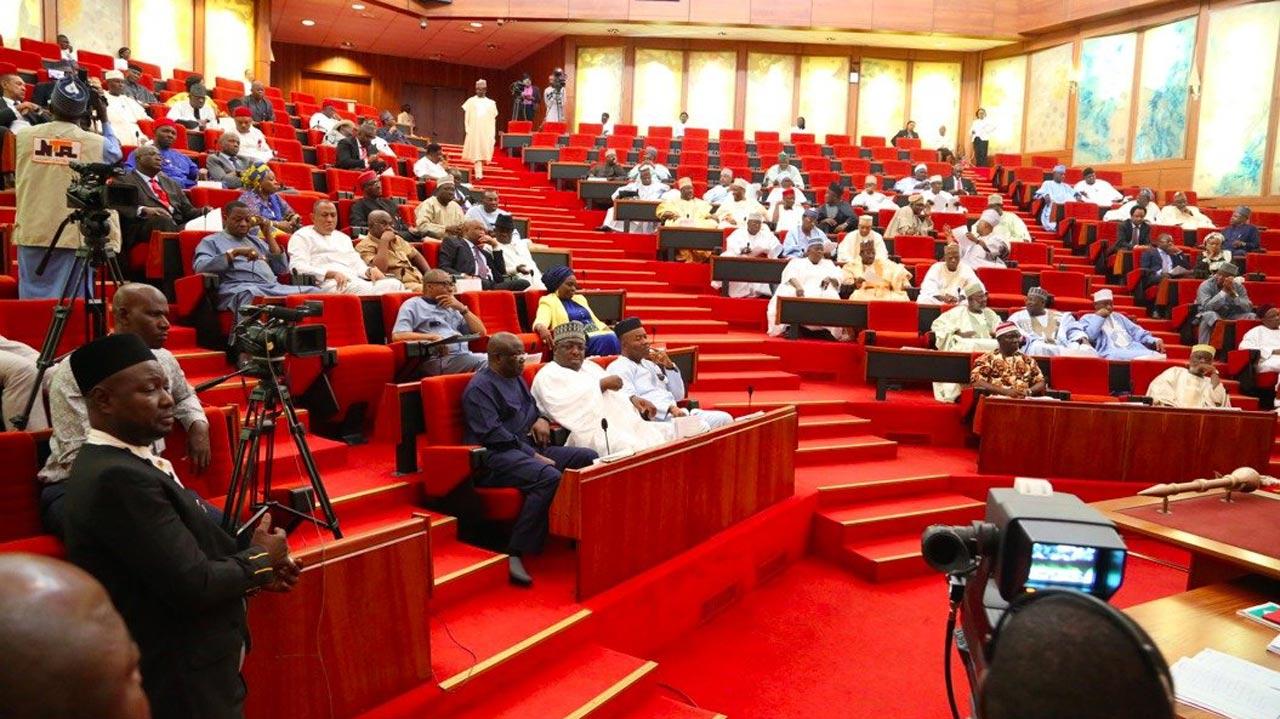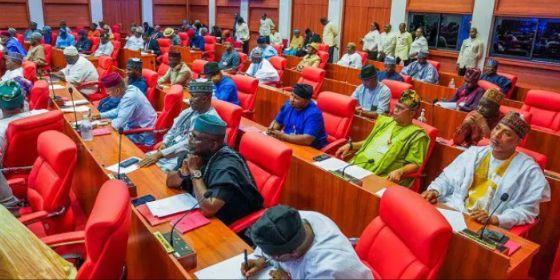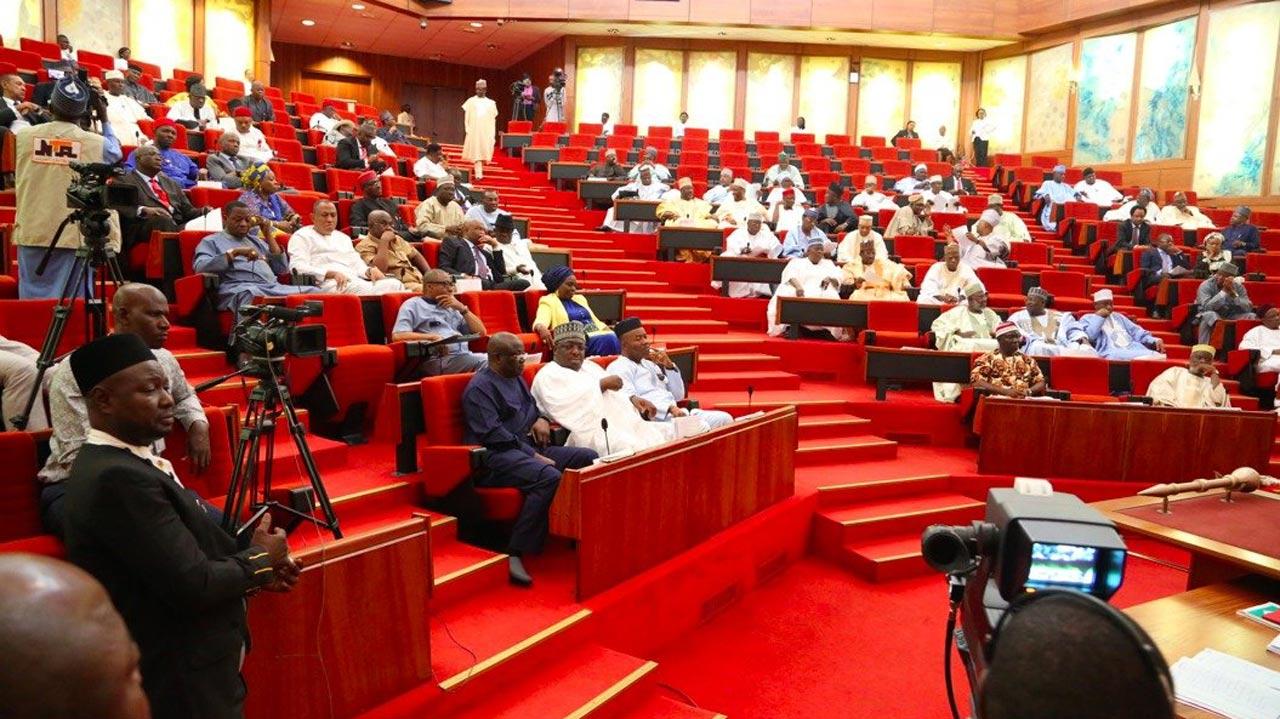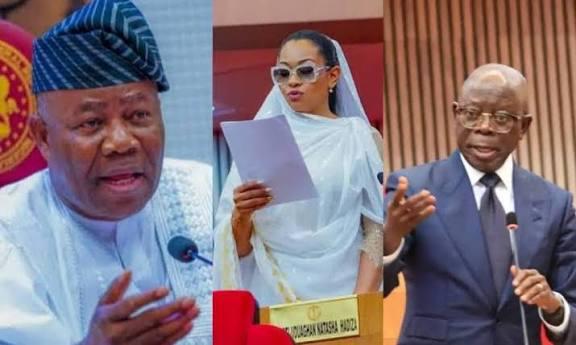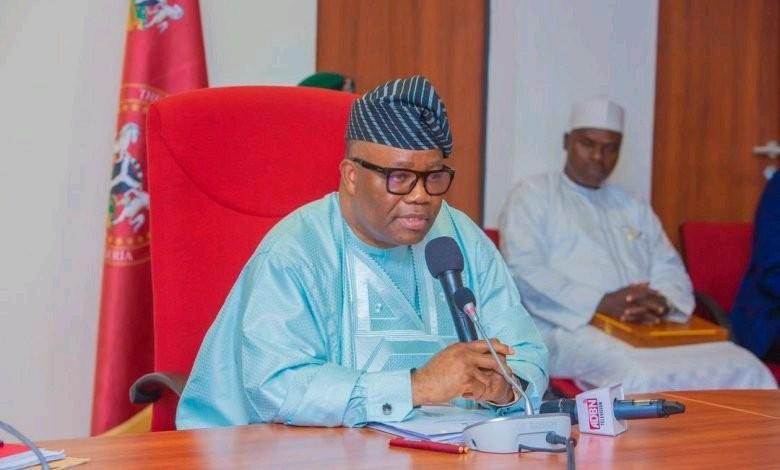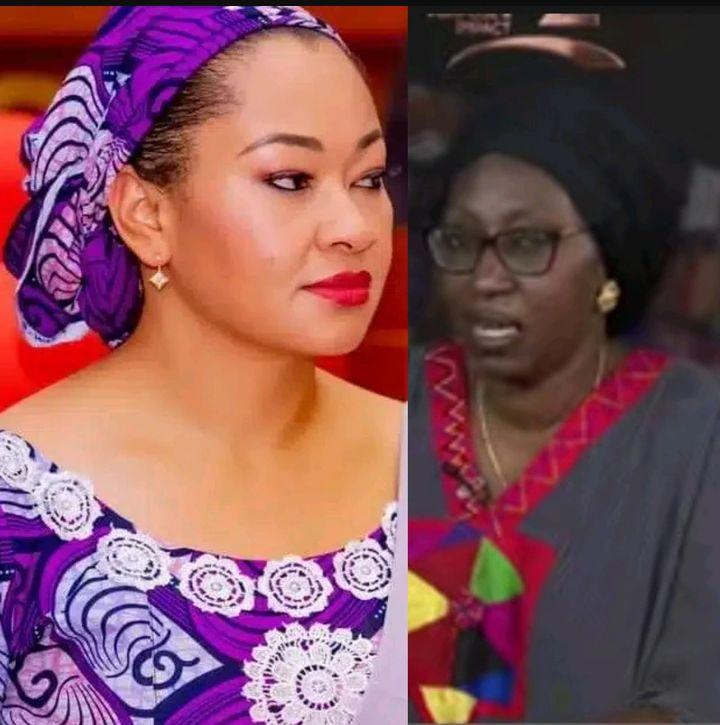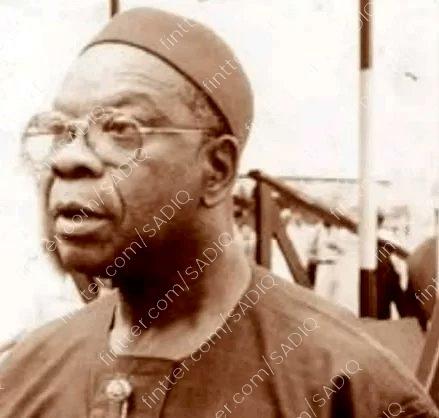Senate Directs NAFDAC to Enforce Sachet Alcohol Ban Starting December 2025, Rejects Further Extensions.
The Nigerian Senate has mandated the National Agency for Food and Drug Administration and Control (NAFDAC) and other regulatory agencies to begin strict enforcement of the ban on high-strength alcoholic beverages packaged in sachets from December 2025, with lawmakers explicitly ruling out any additional extensions beyond the existing moratorium.
The directive came after the upper chamber adopted a motion sponsored by Senator Asuquo Ekpeyong, who highlighted the urgent need to end the phase-out of sachet-packaged alcohol without further delays.
During plenary, Ekpeyong recounted how NAFDAC, aligning with global standards and following broad consultations with stakeholders, first announced a gradual ban on the importation, production, and sale of these products.
In 2018, key players—including the Federal Ministry of Health, the Federal Competition and Consumer Protection Commission (FCCPC), NAFDAC, the Association of Food, Beverage & Tobacco Employers (AFBTE), and the Distillers and Blenders Association of Nigeria (DIBAN)—signed a five-year Memorandum of Understanding (MoU) to voluntarily eliminate the packaging format.
The agreement was driven by growing concerns over the sachets’ low cost, easy portability, and appeal to vulnerable populations such as children, teenagers, commercial drivers, and low-income groups.
Despite the original timeline, the Federal Government in 2024 granted manufacturers a one-year grace period to clear inventories and shift to alternative packaging, pushing the final deadline to December 2025.
Ekpeyong, however, warned that some producers are now pressing for yet another postponement—a tactic he argued erodes regulatory credibility, endangers public health, and skews market competition.
He pointed to mounting evidence linking sachet alcohol to youth addiction, traffic accidents, school attrition, domestic abuse, and broader societal problems.
The Nigerian Senate has mandated the National Agency for Food and Drug Administration and Control (NAFDAC) and other regulatory agencies to begin strict enforcement of the ban on high-strength alcoholic beverages packaged in sachets from December 2025, with lawmakers explicitly ruling out any additional extensions beyond the existing moratorium.
The directive came after the upper chamber adopted a motion sponsored by Senator Asuquo Ekpeyong, who highlighted the urgent need to end the phase-out of sachet-packaged alcohol without further delays.
During plenary, Ekpeyong recounted how NAFDAC, aligning with global standards and following broad consultations with stakeholders, first announced a gradual ban on the importation, production, and sale of these products.
In 2018, key players—including the Federal Ministry of Health, the Federal Competition and Consumer Protection Commission (FCCPC), NAFDAC, the Association of Food, Beverage & Tobacco Employers (AFBTE), and the Distillers and Blenders Association of Nigeria (DIBAN)—signed a five-year Memorandum of Understanding (MoU) to voluntarily eliminate the packaging format.
The agreement was driven by growing concerns over the sachets’ low cost, easy portability, and appeal to vulnerable populations such as children, teenagers, commercial drivers, and low-income groups.
Despite the original timeline, the Federal Government in 2024 granted manufacturers a one-year grace period to clear inventories and shift to alternative packaging, pushing the final deadline to December 2025.
Ekpeyong, however, warned that some producers are now pressing for yet another postponement—a tactic he argued erodes regulatory credibility, endangers public health, and skews market competition.
He pointed to mounting evidence linking sachet alcohol to youth addiction, traffic accidents, school attrition, domestic abuse, and broader societal problems.
Senate Directs NAFDAC to Enforce Sachet Alcohol Ban Starting December 2025, Rejects Further Extensions.
The Nigerian Senate has mandated the National Agency for Food and Drug Administration and Control (NAFDAC) and other regulatory agencies to begin strict enforcement of the ban on high-strength alcoholic beverages packaged in sachets from December 2025, with lawmakers explicitly ruling out any additional extensions beyond the existing moratorium.
The directive came after the upper chamber adopted a motion sponsored by Senator Asuquo Ekpeyong, who highlighted the urgent need to end the phase-out of sachet-packaged alcohol without further delays.
During plenary, Ekpeyong recounted how NAFDAC, aligning with global standards and following broad consultations with stakeholders, first announced a gradual ban on the importation, production, and sale of these products.
In 2018, key players—including the Federal Ministry of Health, the Federal Competition and Consumer Protection Commission (FCCPC), NAFDAC, the Association of Food, Beverage & Tobacco Employers (AFBTE), and the Distillers and Blenders Association of Nigeria (DIBAN)—signed a five-year Memorandum of Understanding (MoU) to voluntarily eliminate the packaging format.
The agreement was driven by growing concerns over the sachets’ low cost, easy portability, and appeal to vulnerable populations such as children, teenagers, commercial drivers, and low-income groups.
Despite the original timeline, the Federal Government in 2024 granted manufacturers a one-year grace period to clear inventories and shift to alternative packaging, pushing the final deadline to December 2025.
Ekpeyong, however, warned that some producers are now pressing for yet another postponement—a tactic he argued erodes regulatory credibility, endangers public health, and skews market competition.
He pointed to mounting evidence linking sachet alcohol to youth addiction, traffic accidents, school attrition, domestic abuse, and broader societal problems.
0 Kommentare
·0 Geteilt
·375 Ansichten




